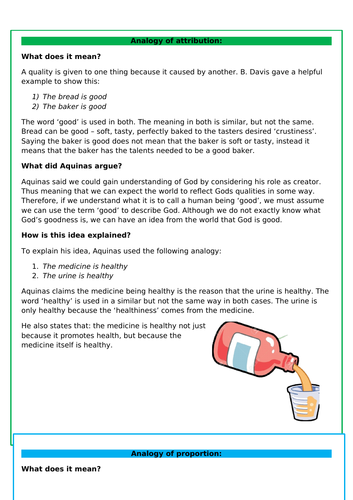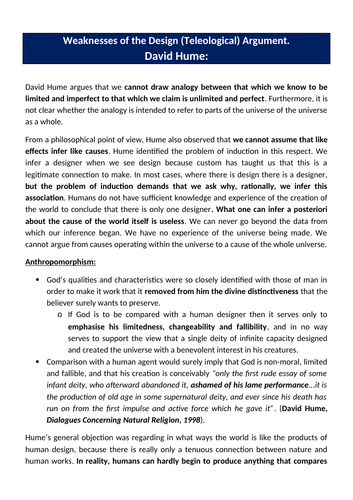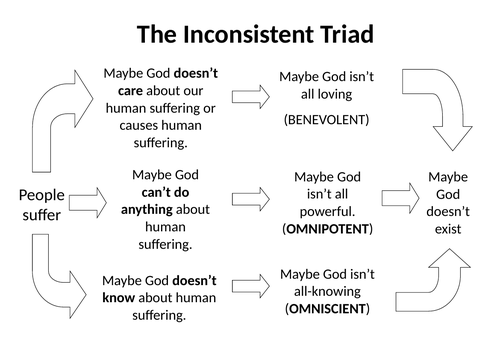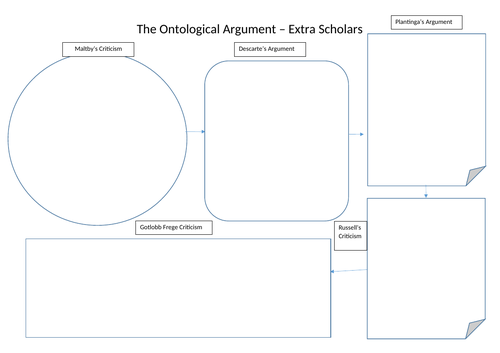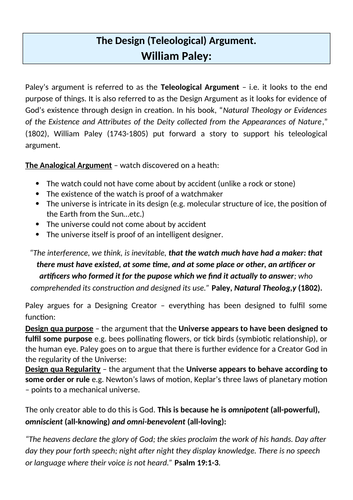Slpeacock's Shop
Resources for AQA A Level Religious Studies (Philosophy) - both Year 12 and Year 13 content for Component 1. Assemblies/PSHCE/General RE content from KS3 through to Sixth Form. Also content for Eduqas GCSE Religious Studies (Route B) and Judaism.








